Description
Why was it that a small mining community in Victoria on the margin of Australian coal mining, with a strong union organisation, was able to exert an influence on that industry out of all proportion to its size and number for more than 60 years?
At different stages of its history the State Coal Mine and its highly unionised workforce represented a national benchmark for the introduction of new mining technologies, for the operation of successful state enterprises and ultimately the exercise of political influence within the coal industry. While Wonthaggi’s mineworkers represented only a small fraction of the Miners’ Federation’s national membership, their role in the union’s recovery following the depression of the 1930s proved highly influential. In particular, it was the success of the 1934 Wonthaggi strike that provided the Federation with the blueprint for community mobilisation that was to be used successfully for the following decade.
Nevertheless, the history of Wonthaggi as an influential mining community remains a conundrum. For 60 years the State Mine proved an economic aberration, working the thin, broken seams of a coalfield that would have been considered uneconomical in the opinion of most Australian mine owners. A regional mining community that won a national reputation, Wonthaggi came to be admired by many, and disliked by others. Such contradictions can be resolved, in part, by recognising that for Wonthaggi’s miners their place within a national union was as important as their regional sensibility, and that the solution to local issues depended, to a significant degree, upon national answers. The union proved central to the self-perception and identity of the town and its place in wider industrial and social issues. This book seeks to tell something of this history.
ISBN – 9780980651263
Publisher – Monash University Publishing




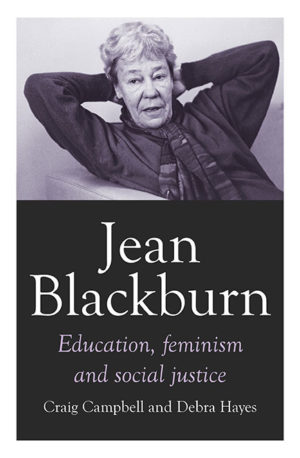

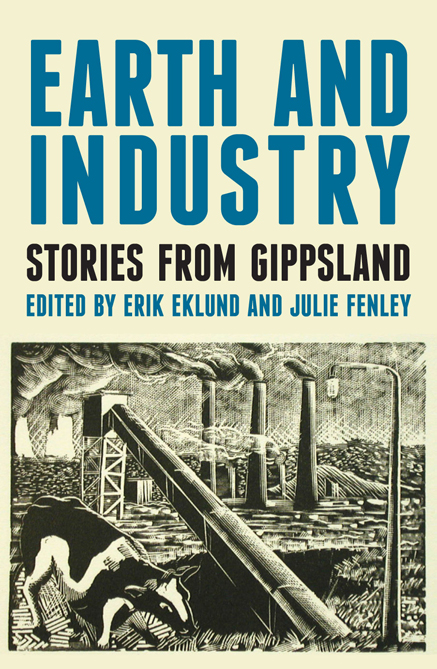



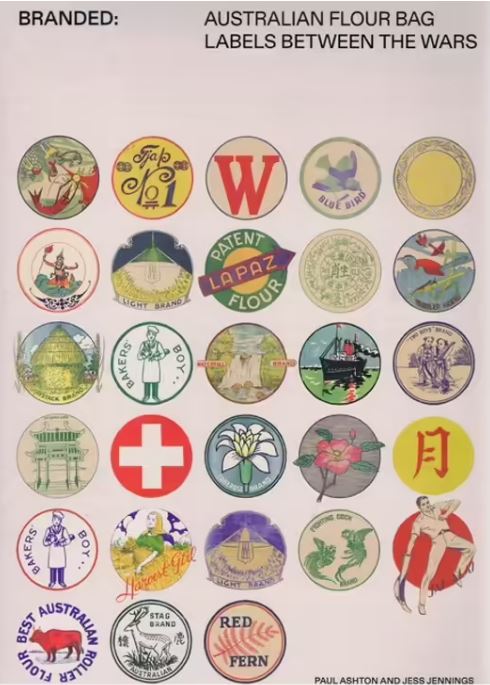
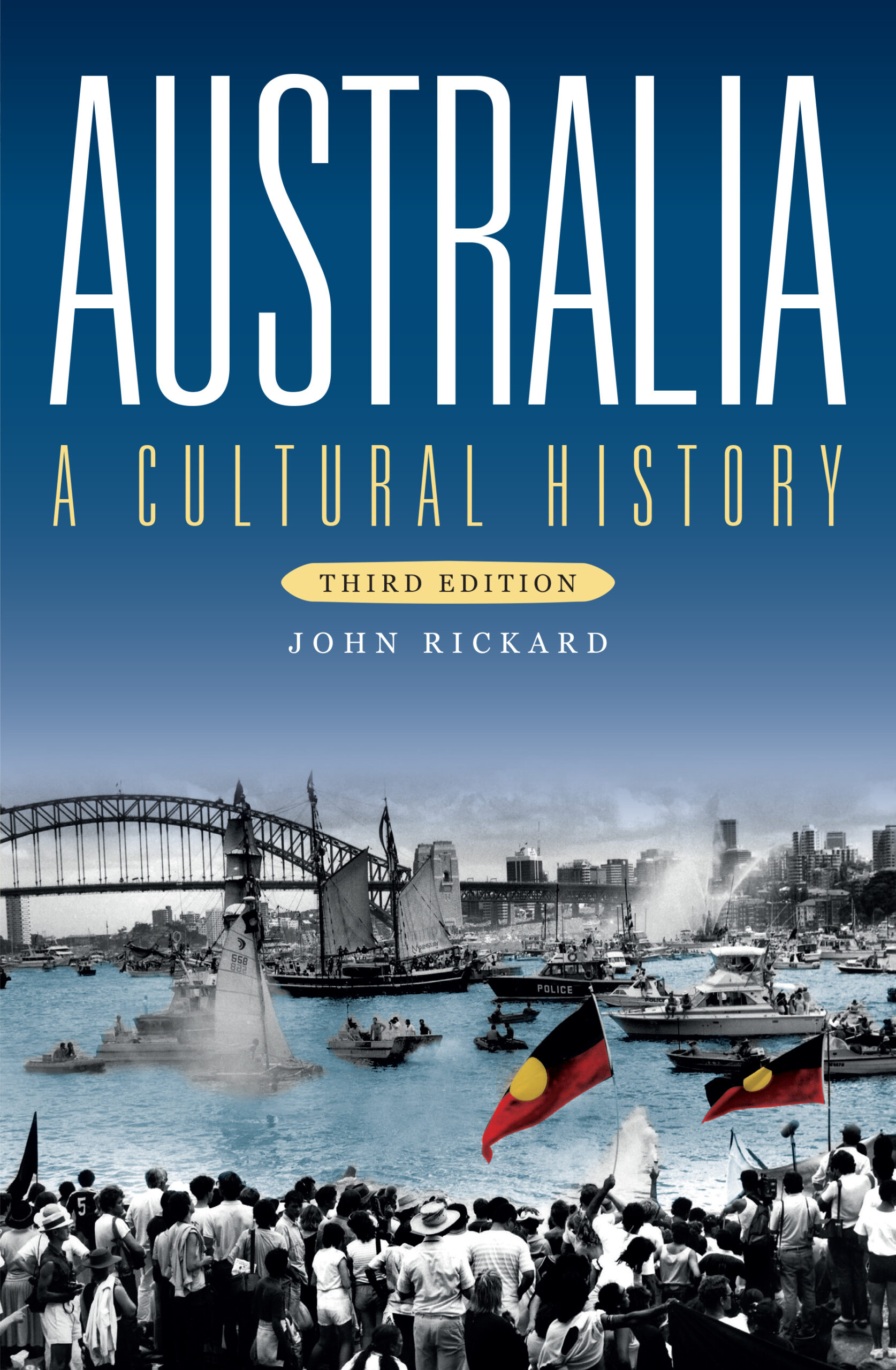
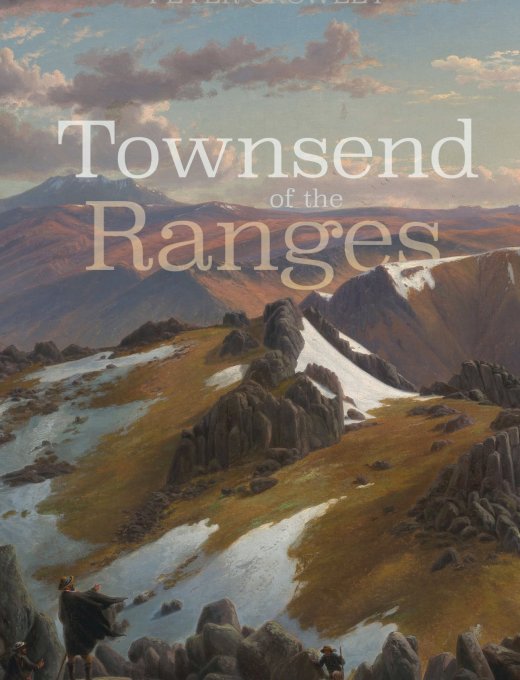

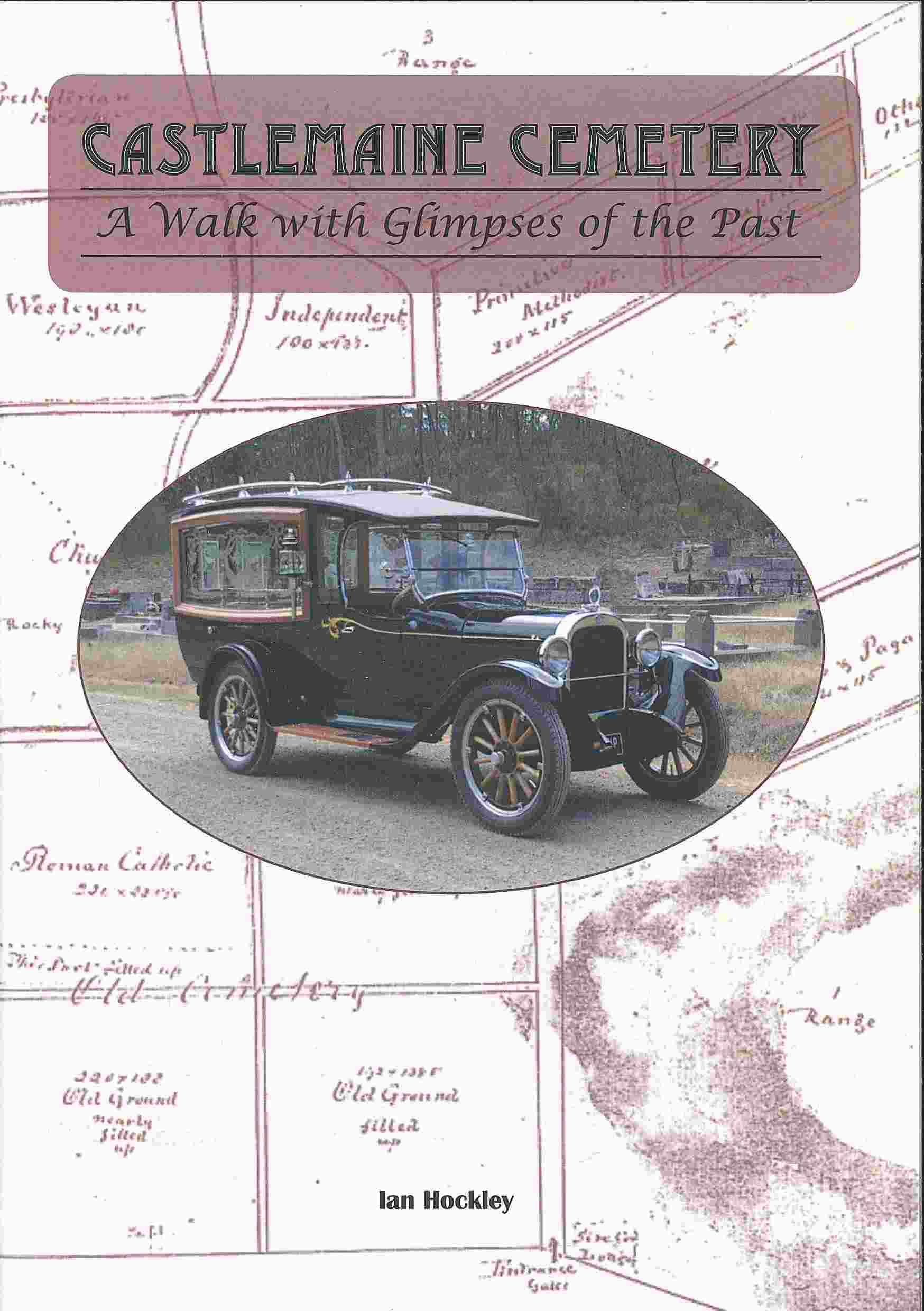

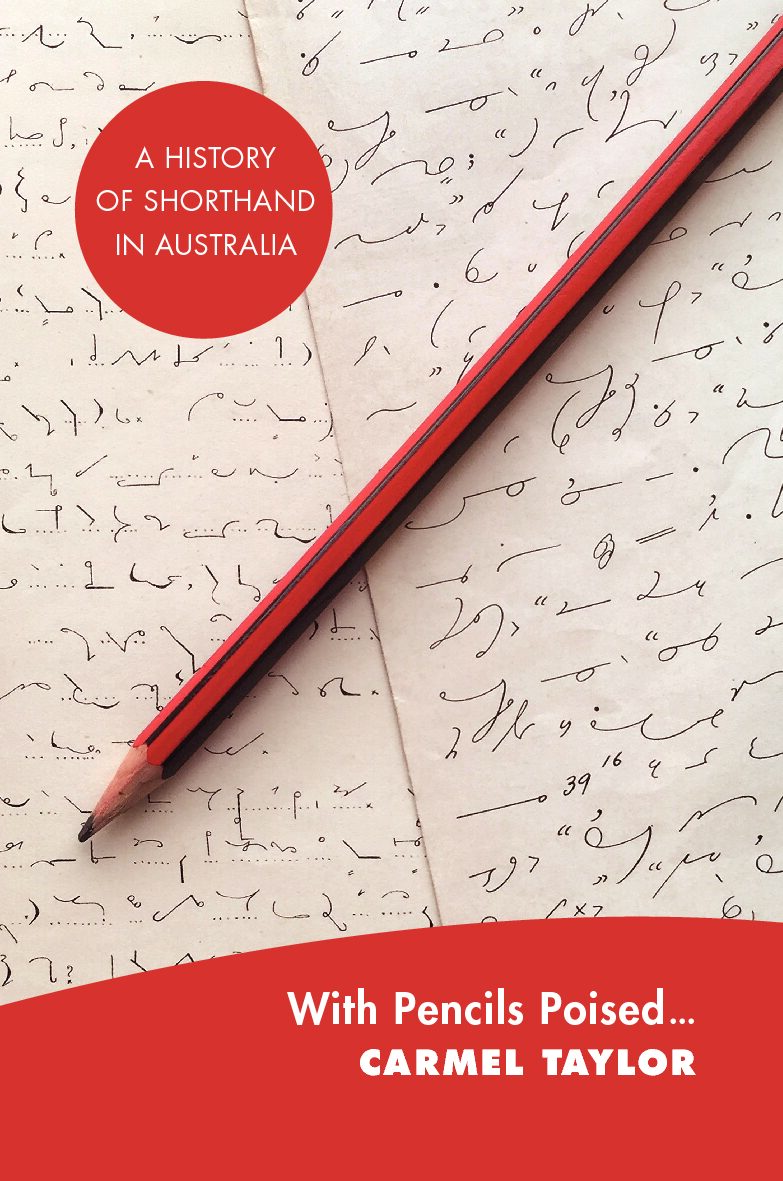
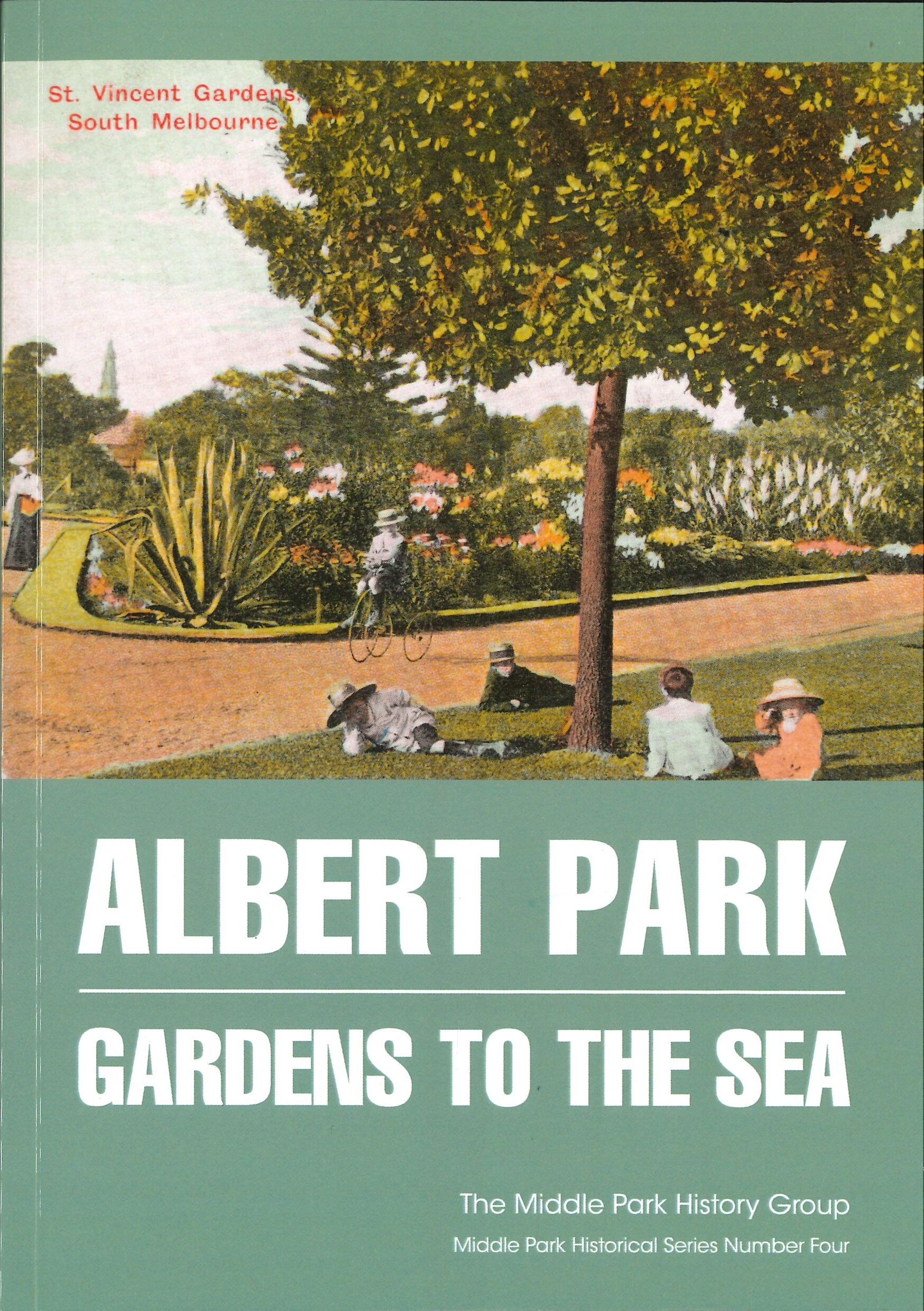

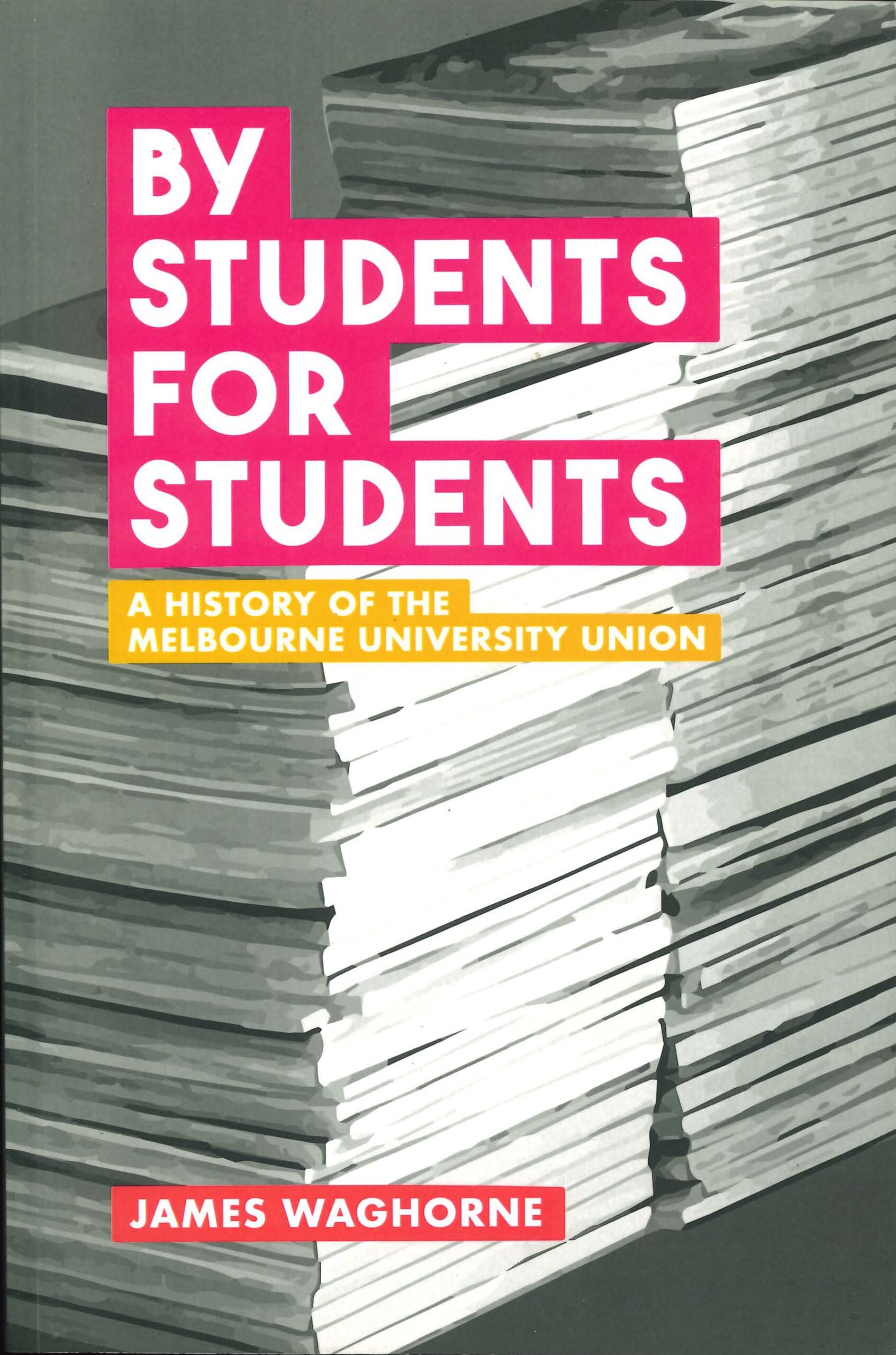

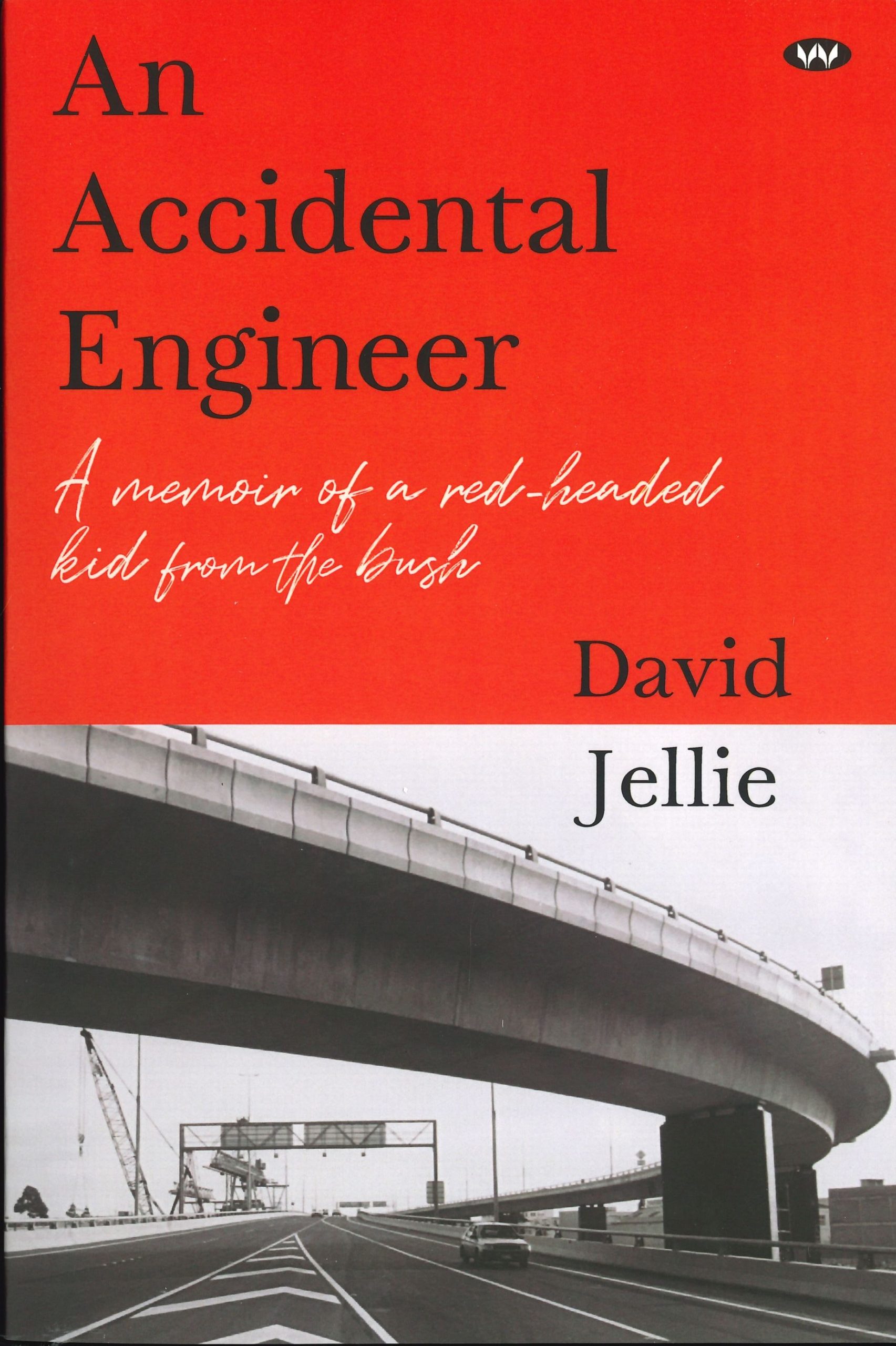


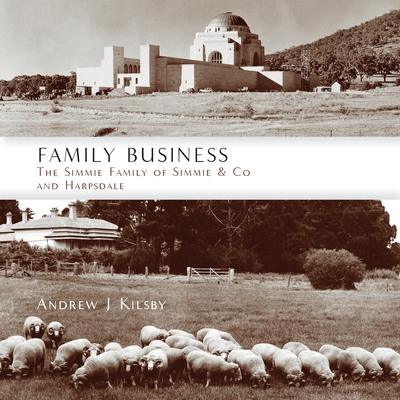
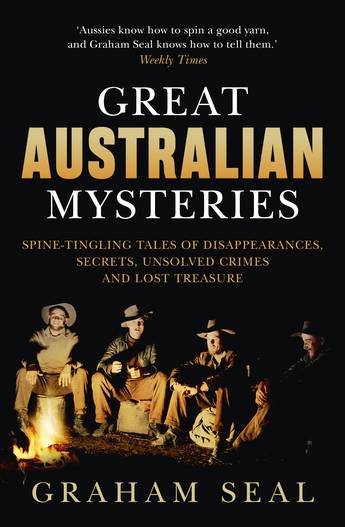




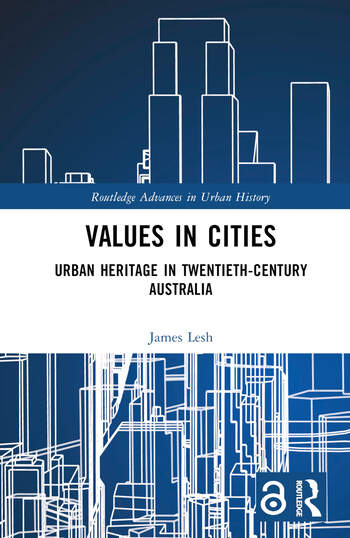
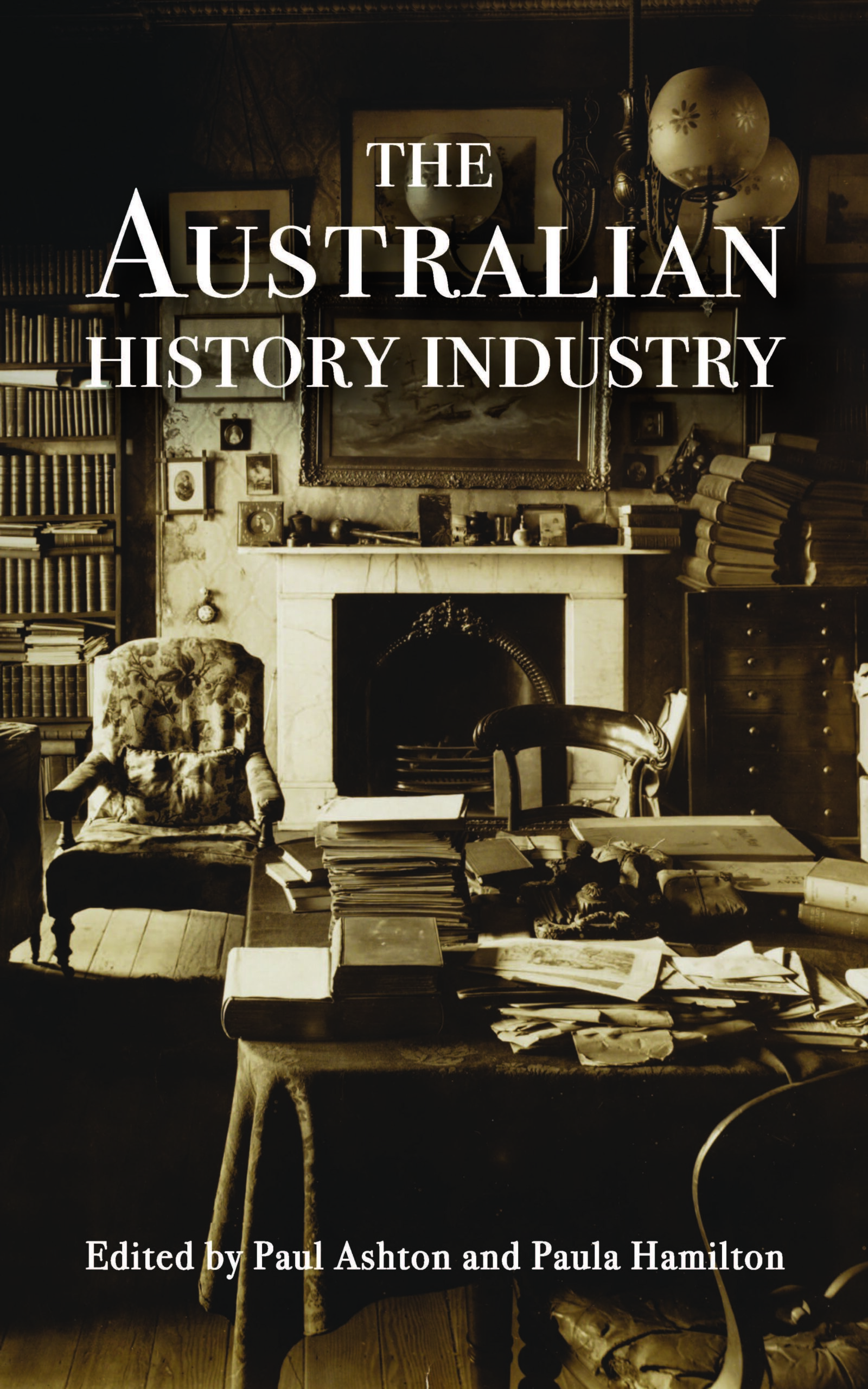
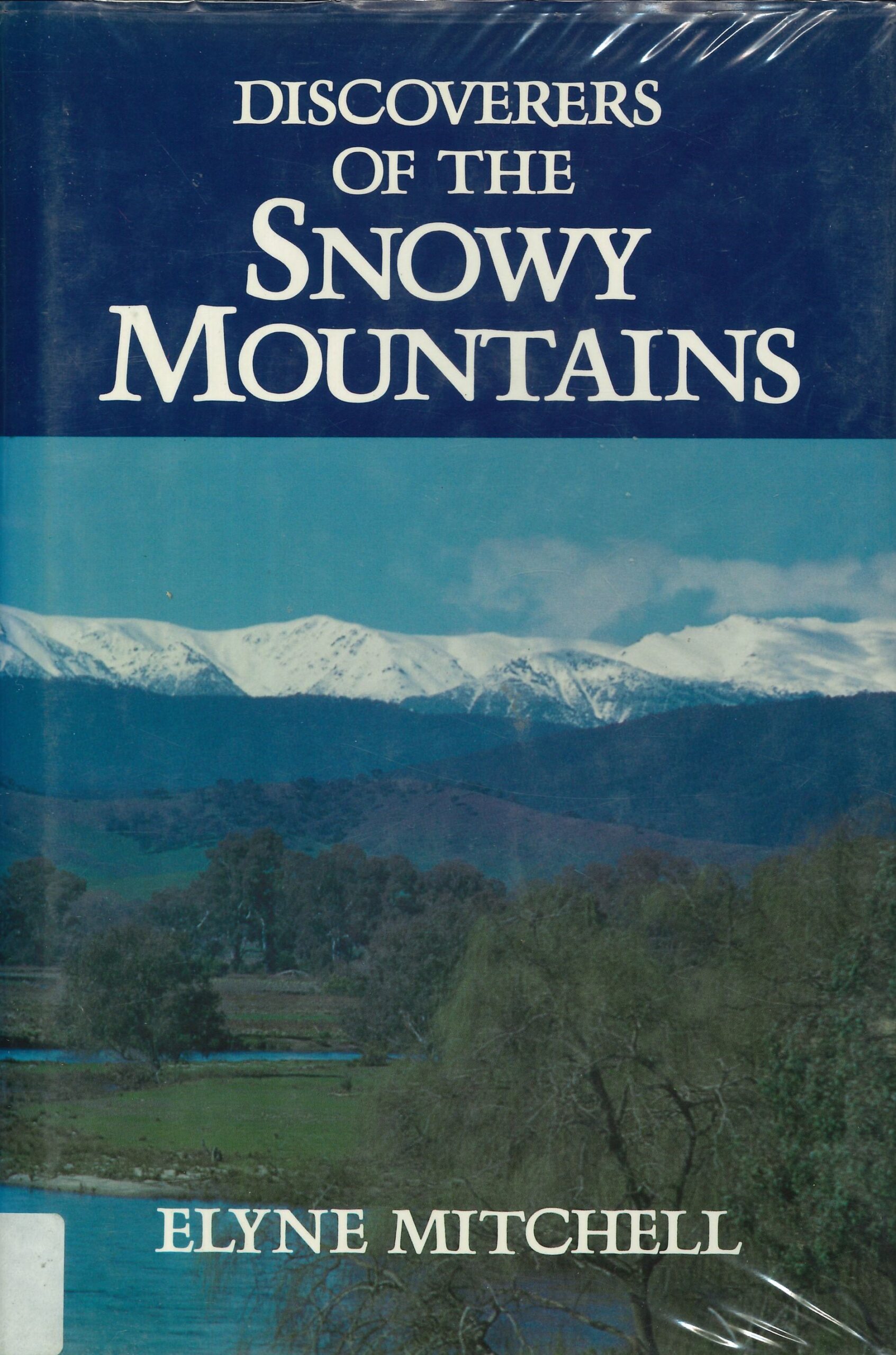
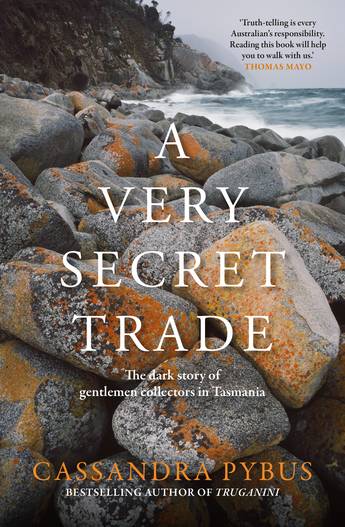
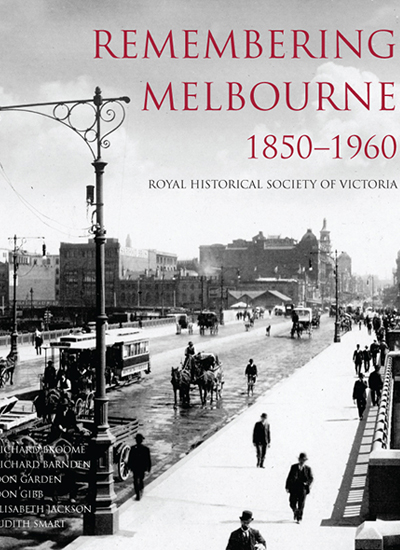
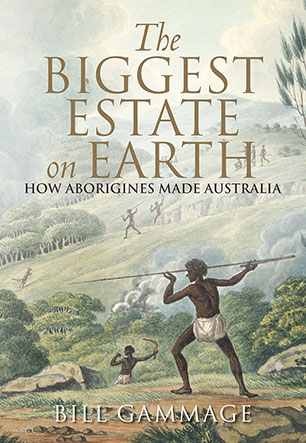
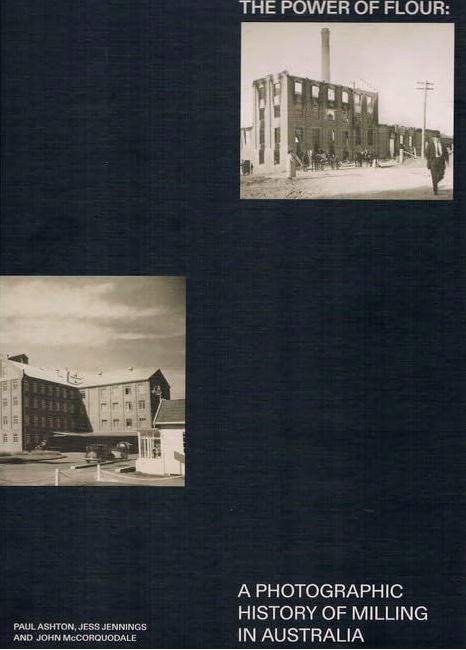
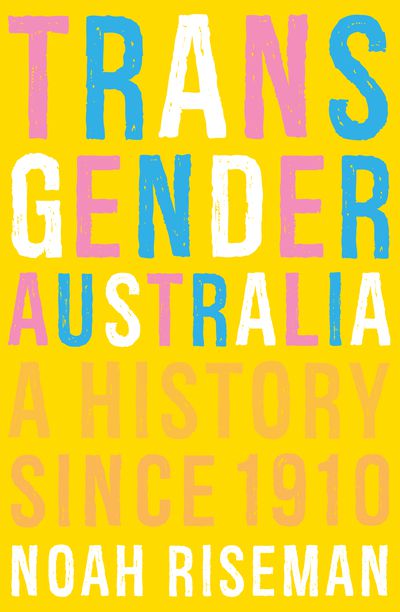







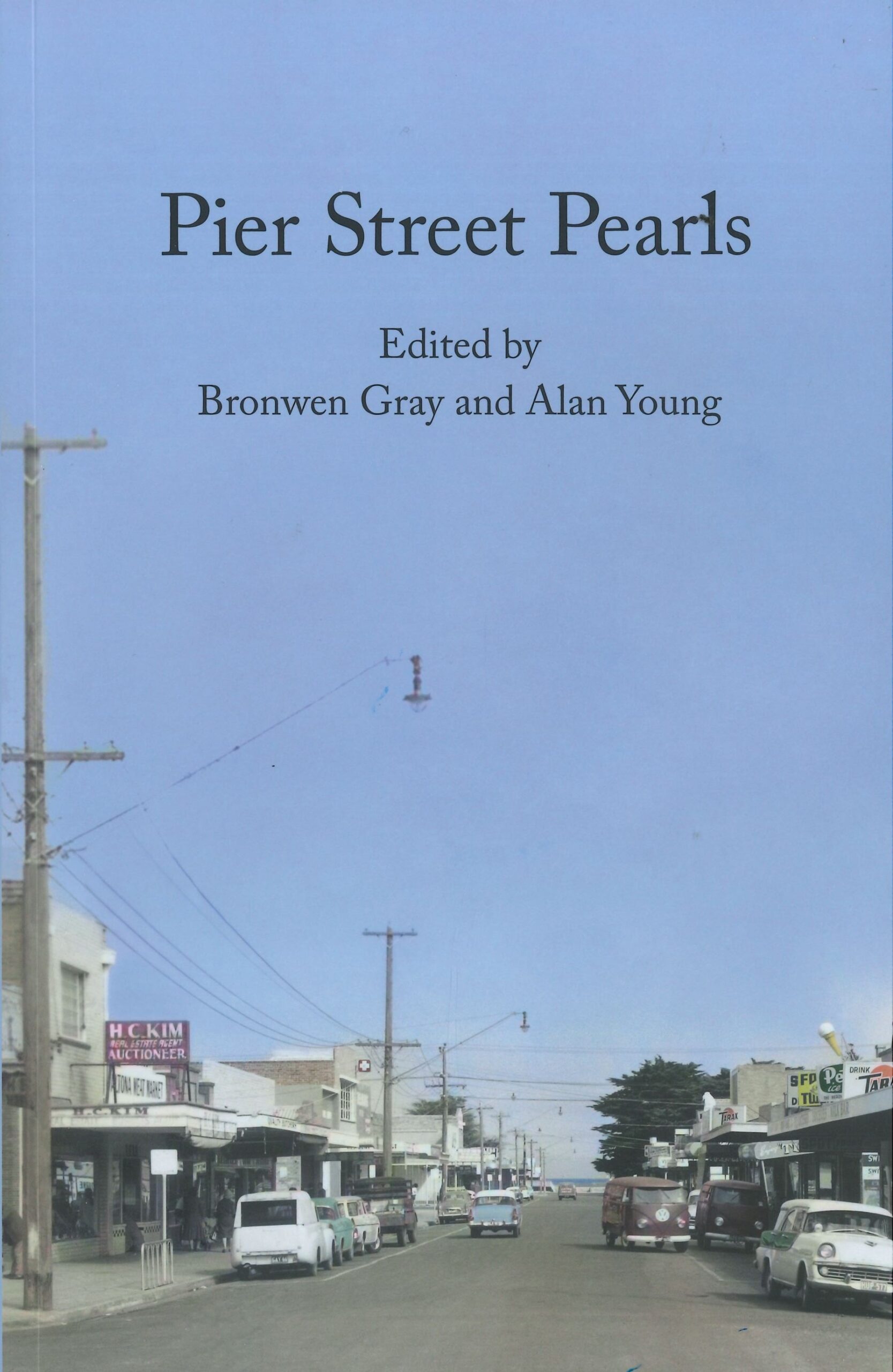
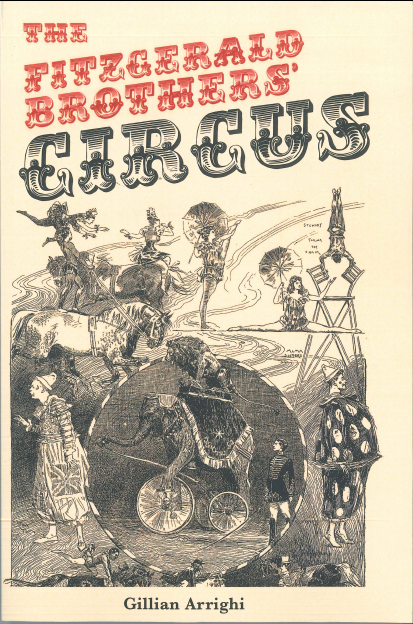


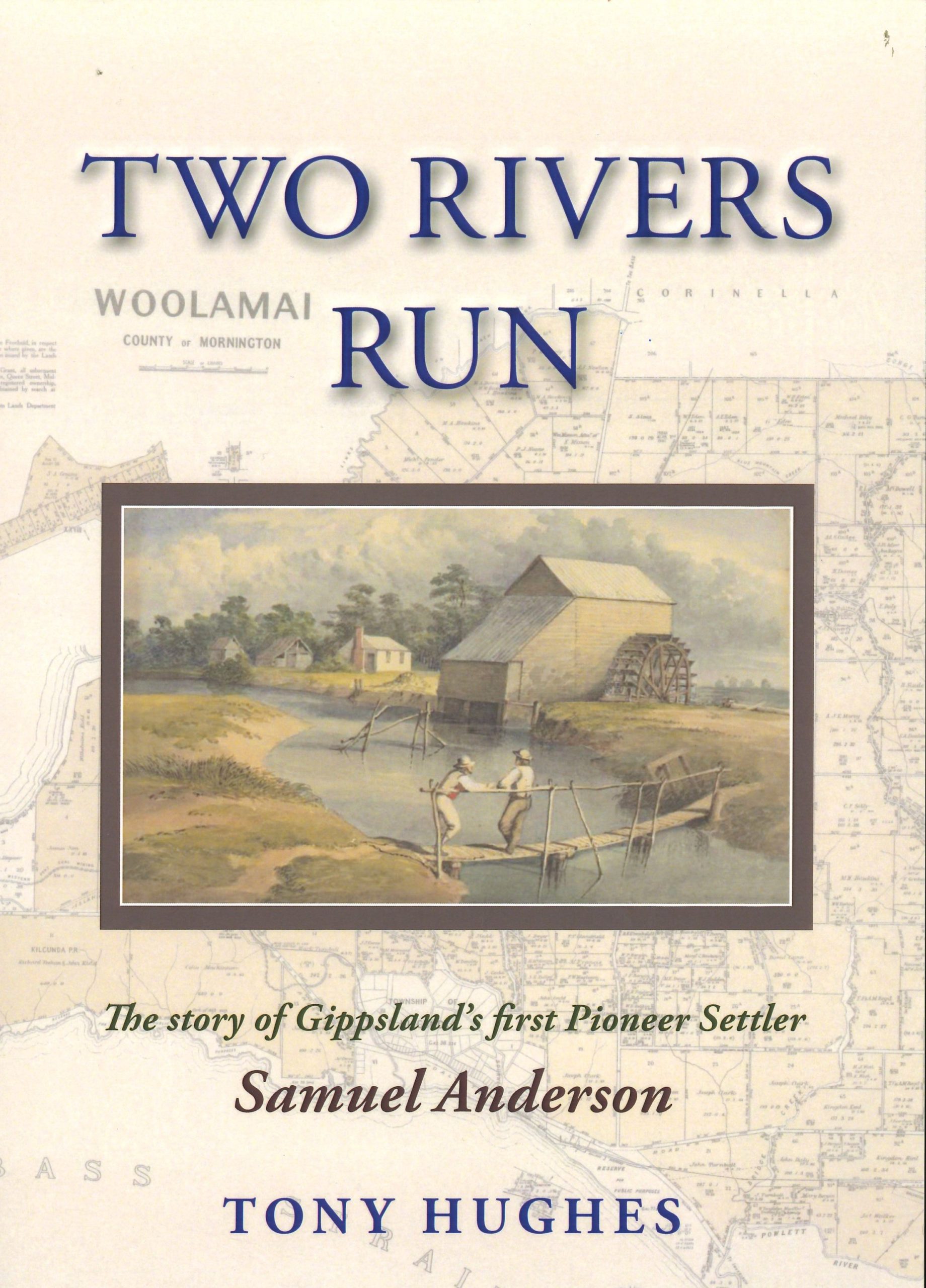
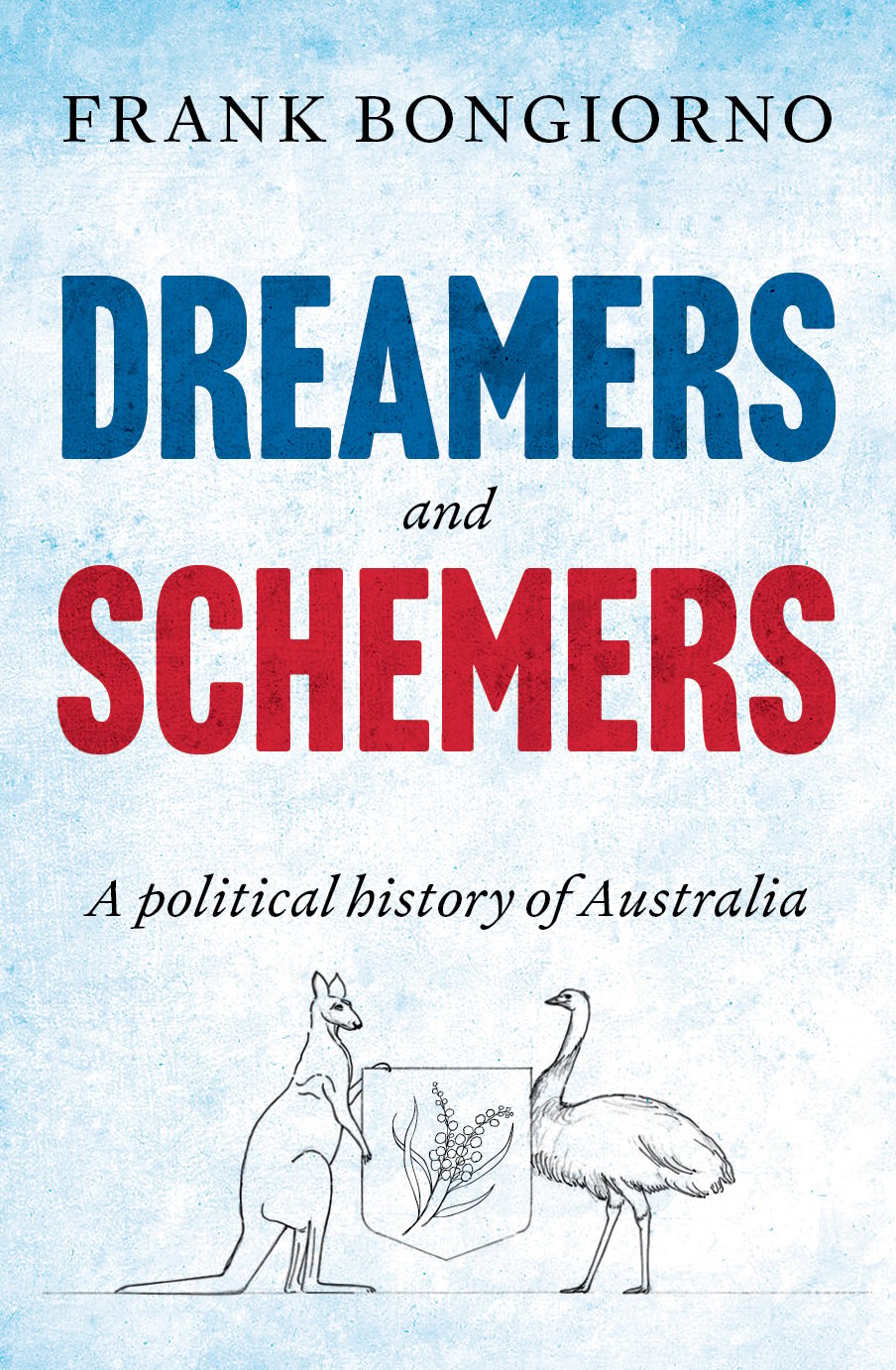

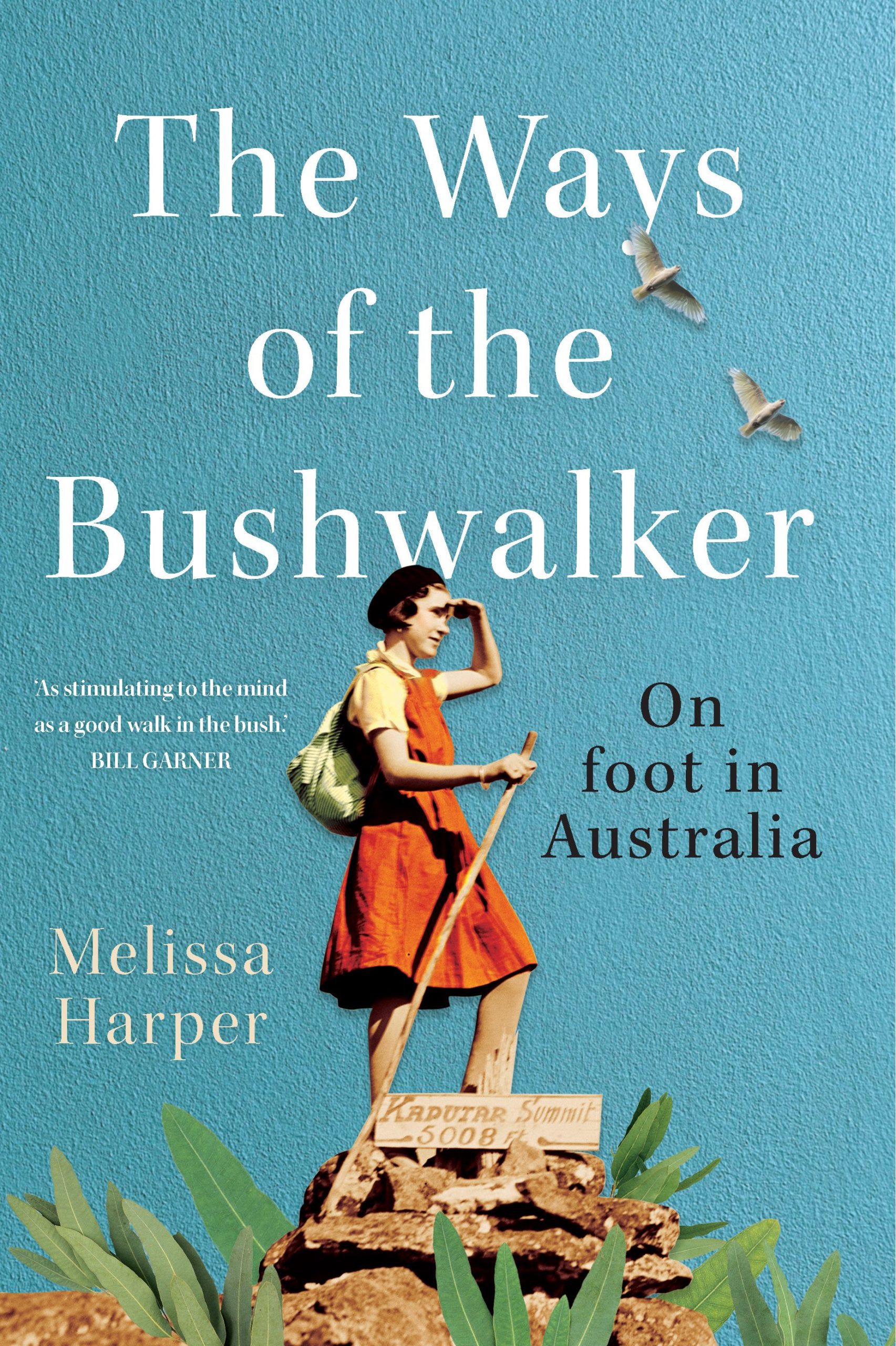
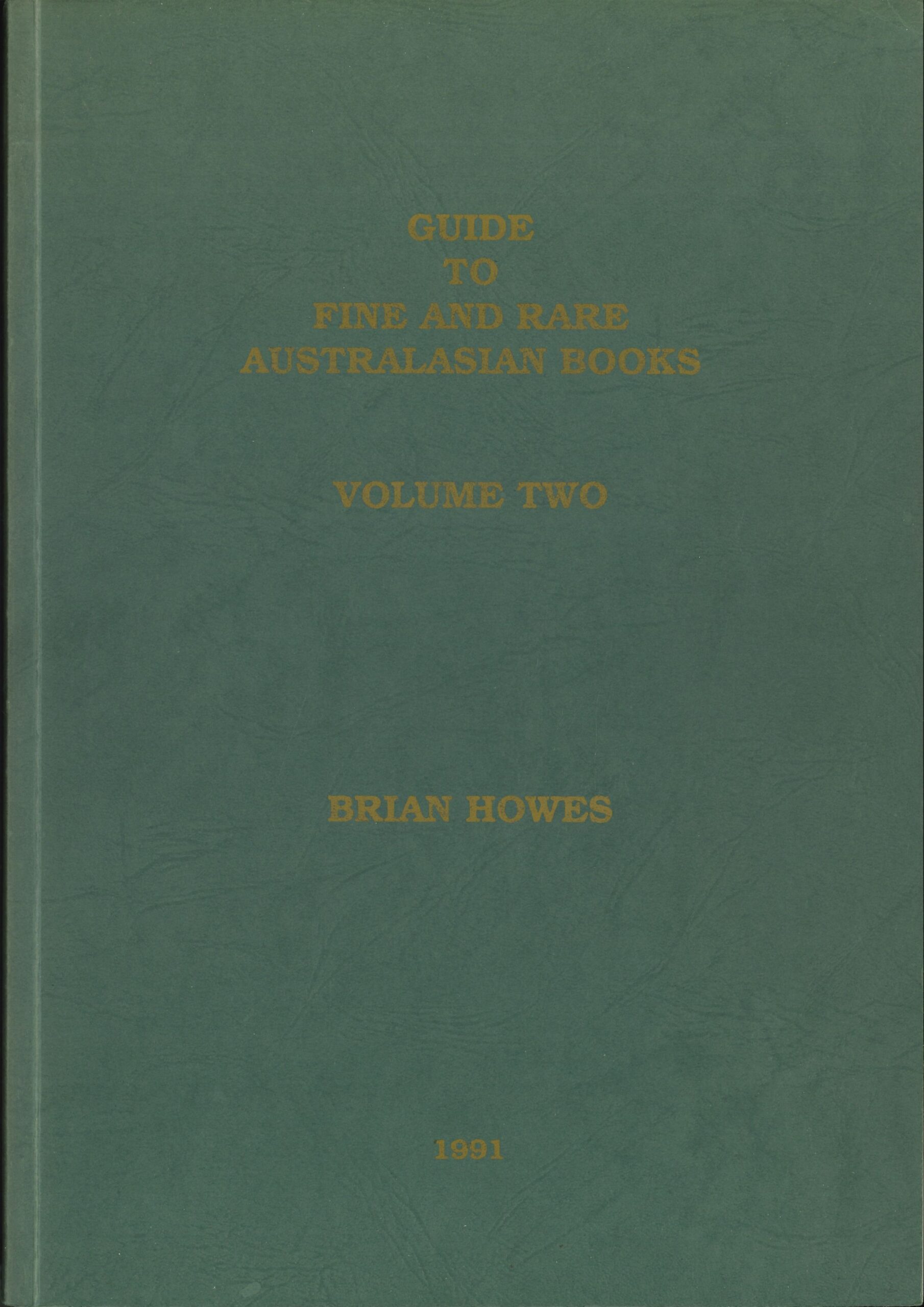
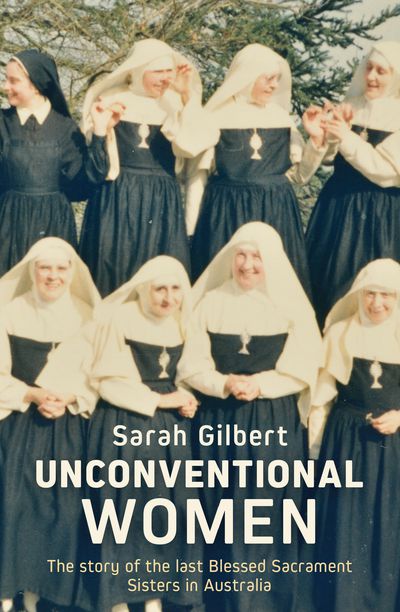
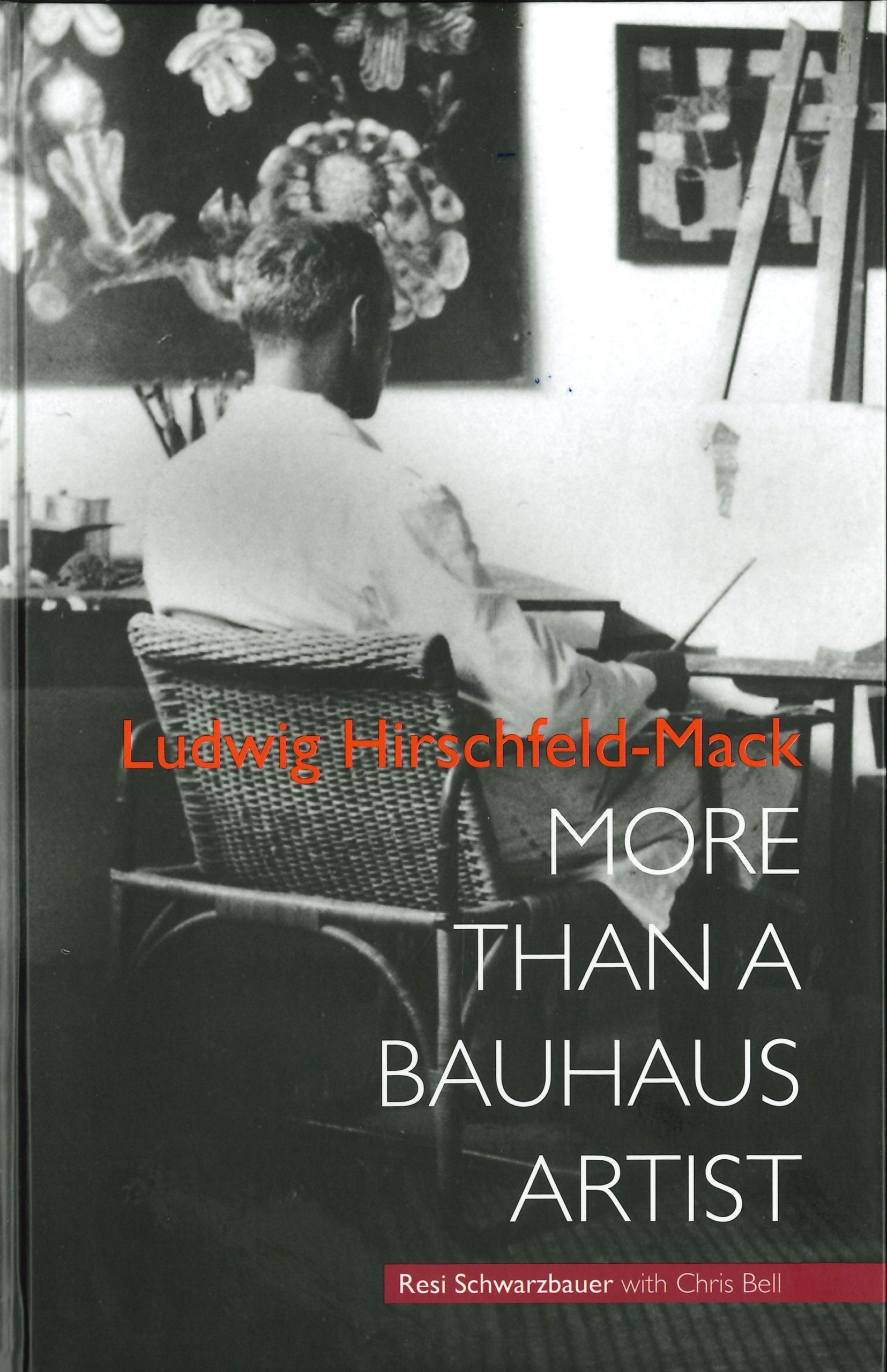
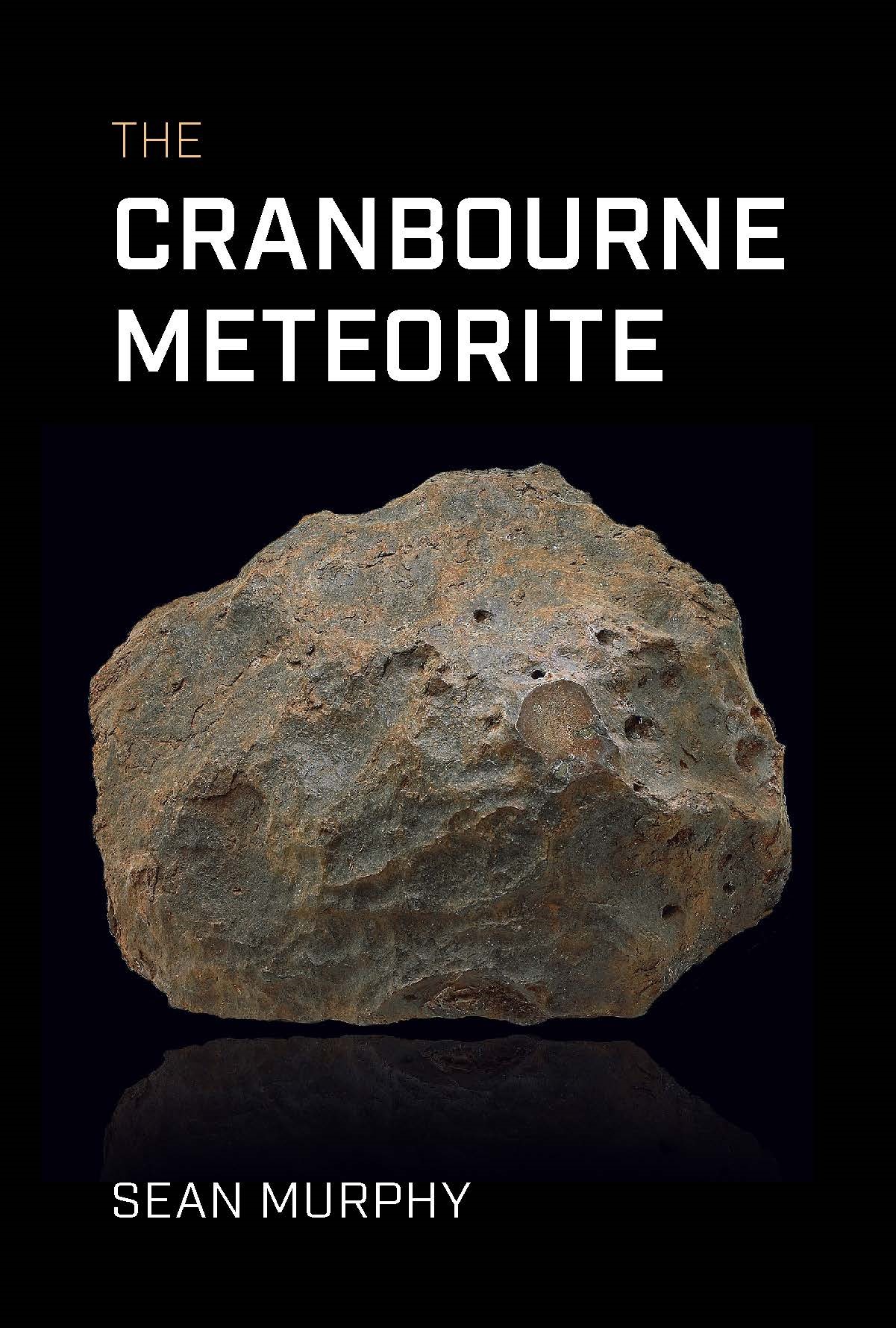




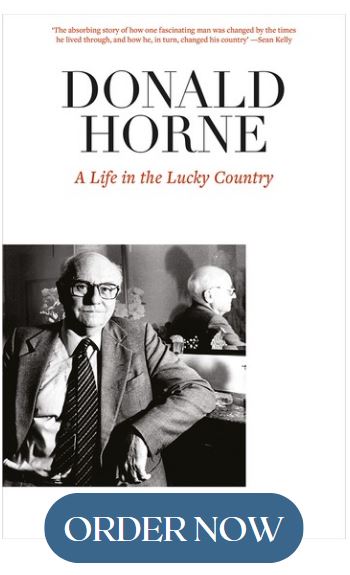



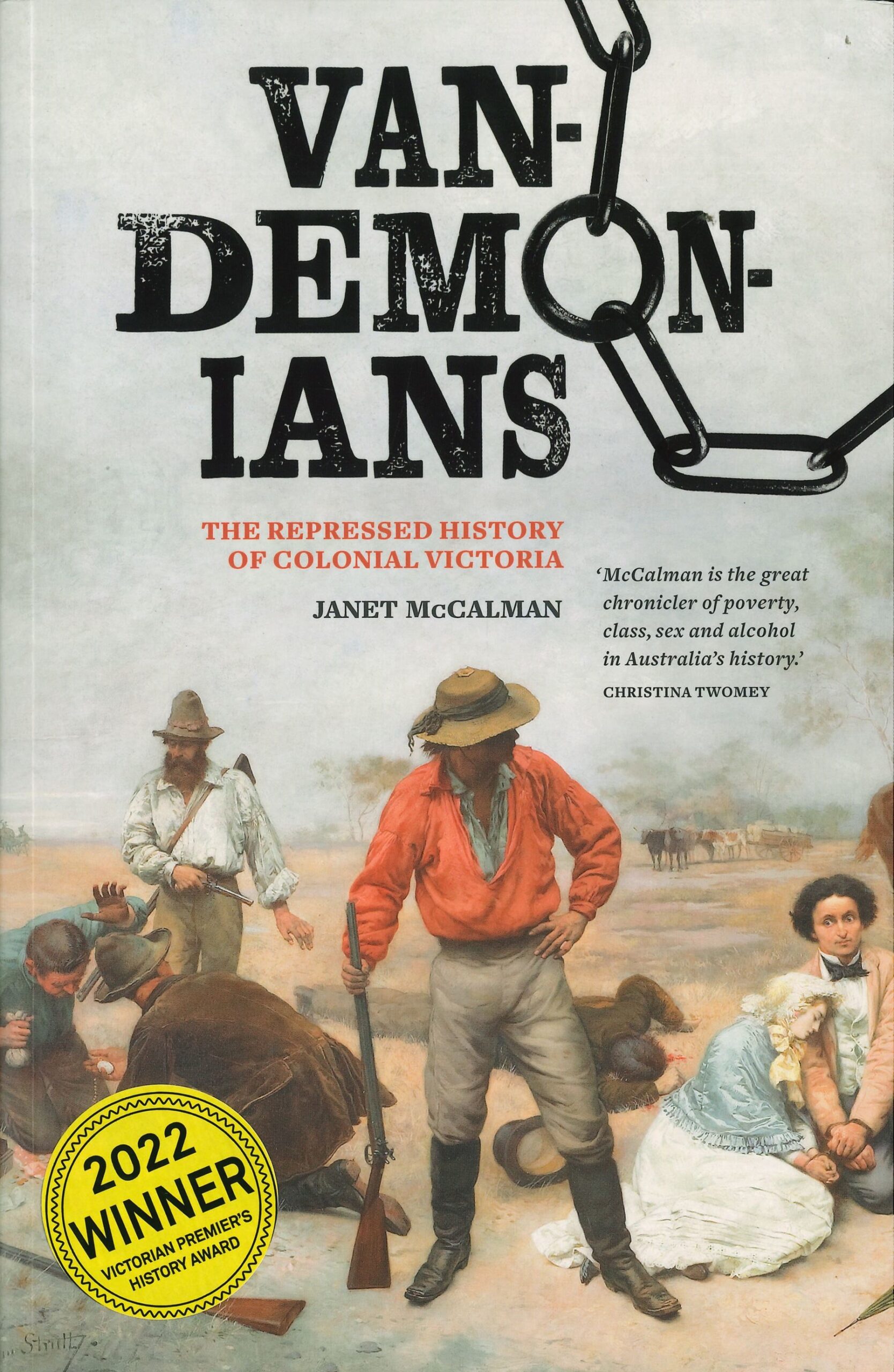
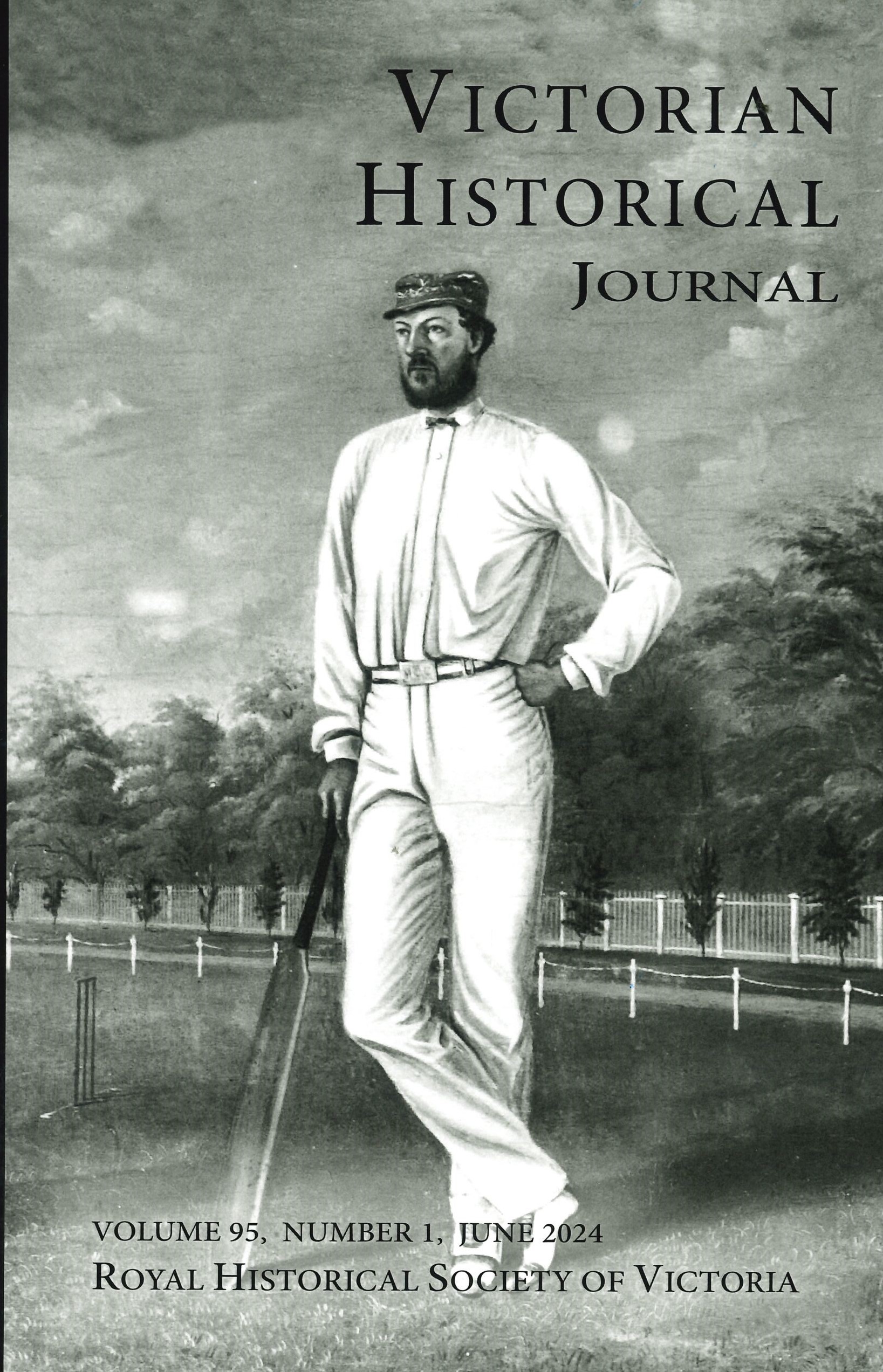


 239 A'Beckett Street Melbourne, Victoria, 3000
239 A'Beckett Street Melbourne, Victoria, 3000  03 9326 9288
03 9326 9288  office@historyvictoria.org.au
office@historyvictoria.org.au  Office & Library: Weekdays 9am-5pm
Office & Library: Weekdays 9am-5pm


Book Reviews Reviews
There are no reviews yet.